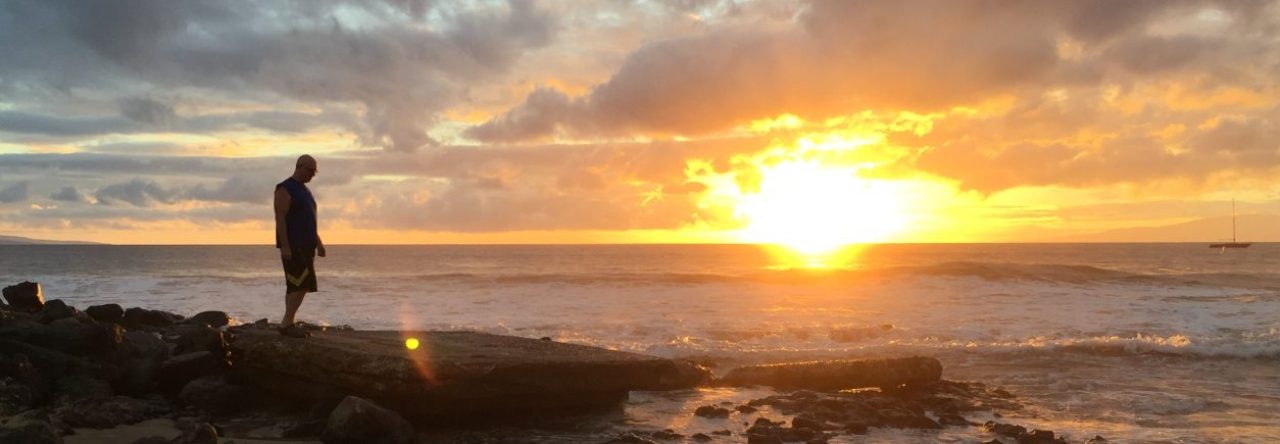My memory is going, so I decided to learn how to memorize a deck of 52 cards. Alright, I am just starting. Don’t test me yet.
This exercise had me think about how many combinations there could be of arranging 52 cards. In other words, how many unique shuffle results are there.
As it turns out, I have 52 choices of the first card in the deck. Then, for the second card, I have only 51 choices left, and for the third card I have 50. And so on. The number of choices is 52 * 52 *50 *…you get the idea. In mathematical terms, this is called 52! (pronounced 52 factorial) and is basically multiplying 52 times one number less, all the way down to one.
It turns out that factorials truly get huge very quickly. They are not easy to calculate, even with a computer. This is the result:
80658175170943878571660636856403766975289505440883277824000000000000
52! is truly a giant number, bigger than astronomical. It is an 8 with 67 digits behind it. I tried to think of ways to explain how big a number this is, and then I found a blog entry that does it very well:
Start by picking your favorite spot on the equator. You’re going to walk around the world along the equator, but take a very leisurely pace of one step every billion years. The equatorial circumference of the Earth is 40,075,017 meters. Make sure to pack a deck of playing cards, so you can get in a few trillion hands of solitaire between steps.
After you complete your round the world trip, remove one drop of water from the Pacific Ocean. Now do the same thing again: walk around the world at one billion years per step, removing one drop of water from the Pacific Ocean each time you circle the globe. The Pacific Ocean contains 707.6 million cubic kilometers of water. Continue until the ocean is empty.
When it is, take one sheet of paper and place it flat on the ground. Now, fill the ocean back up and start the entire process all over again, adding a sheet of paper to the stack each time you’ve emptied the ocean.
Do this until the stack of paper reaches from the Earth to the Sun. Take a glance at the timer, you will see that the three left-most digits haven’t even changed. You still have 8.063e67 more seconds to go. 1 Astronomical Unit, the distance from the Earth to the Sun, is defined as 149,597,870.691 kilometers. So, take the stack of papers down and do it all over again. One thousand times more. Unfortunately, that still won’t do it. There are still more than 5.385e67 seconds remaining. You’re just about a third of the way done.
I found this to be an excellent way of describing how much time in seconds 52! is.
Here is another way to look at it:
Suppose everybody in the world shuffled packs of cards at the rate of one per second, it would take
600,000,000,000,000,000,000,000,000,000,000,000,000,000,000,000,000
years to get all the combinations! The age of the earth is only 4,500,000,000 years.
This means, of course, that in the entire history of the world, in all the card games ever played everywhere, we haven’t even shuffled a microscopically small percentage of the available combinations. Not only that, even if the earth continues to exist for billions of years more, with humans playing poker, the vast majority of the combinations have never been shuffled and will never ever be shuffled in the future.
Now back to memorizing a deck of cards!

And that of course assumes there are no duplicate shuffles. Otherwise it would take longer than 52!.
Bored are we?
Hmm, I wonder why Anonymous would come to that conclusion? I’d rather say: interested in stuff most people haven’t even thought about. Watching no sports ever gives me lots of extra thinking and writing time.
Pingback: The Top-to-Random Shuffle | Eventually Almost Everywhere
So how long would it take to deal a duplicate of any given hand?
I guess quadrillions of years….